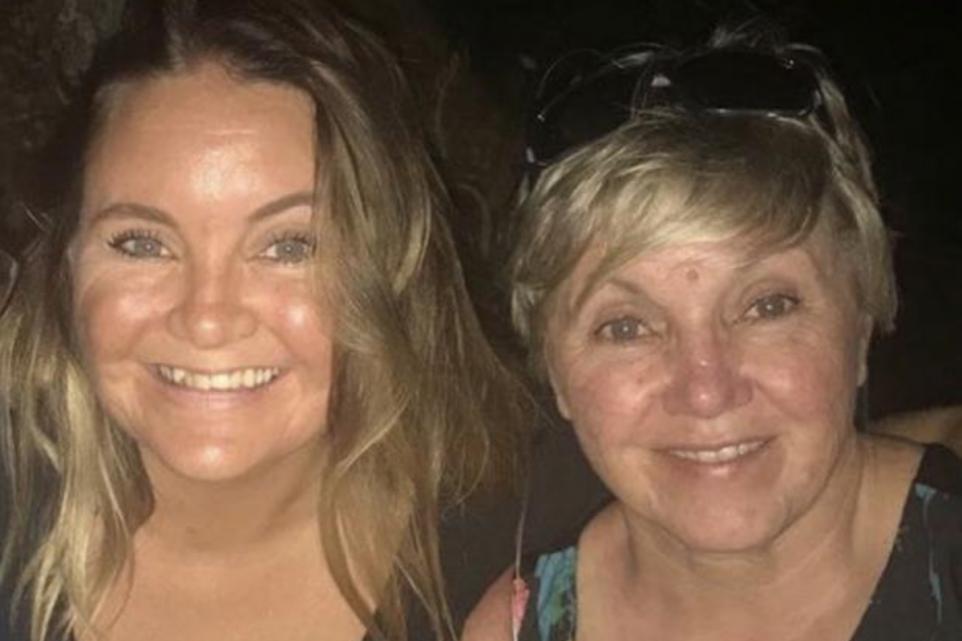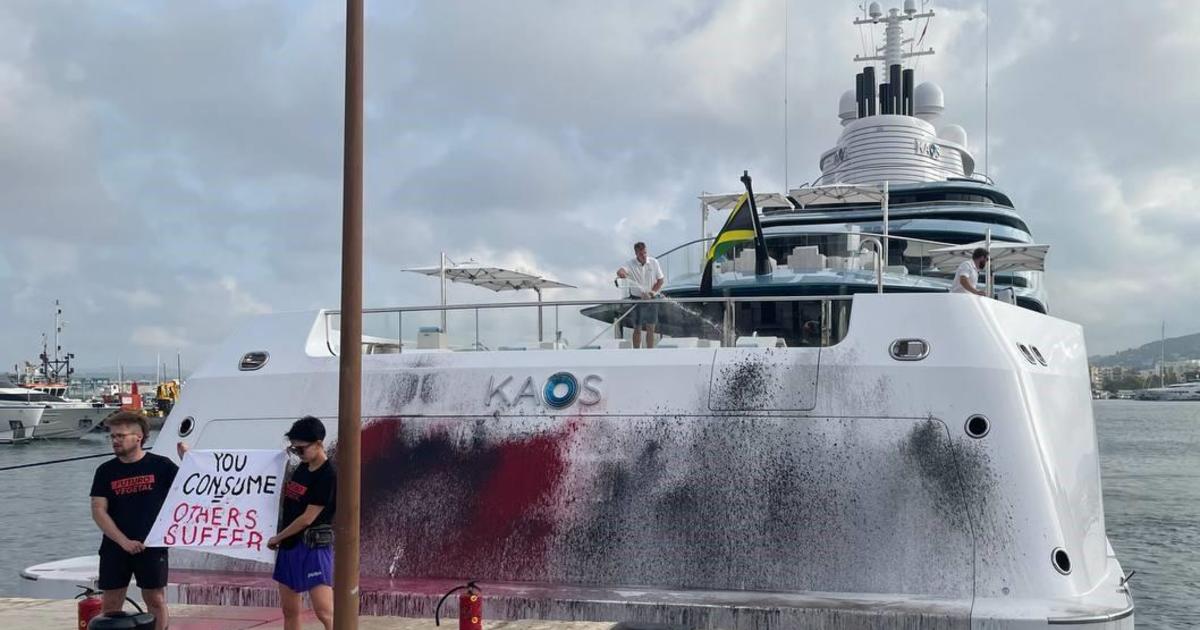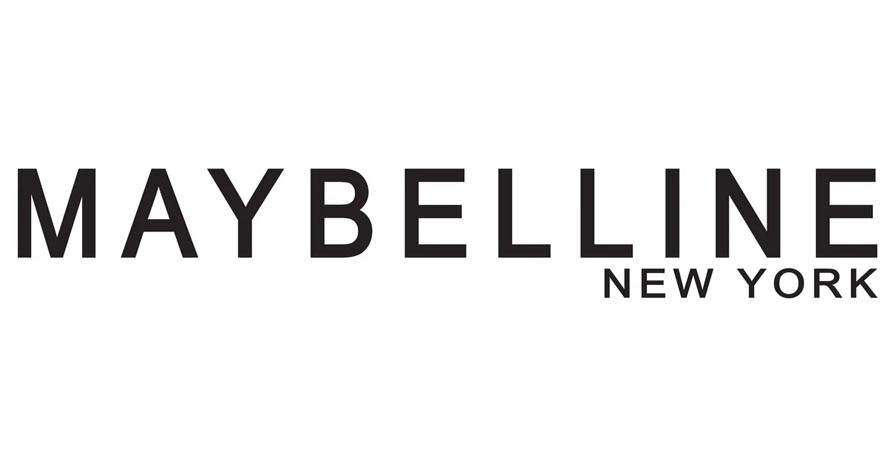The collapse of the Francis Scott Key Bridge has sent shockwaves through the tight-knit community of Dundalk, Maryland, where local businesses have suddenly found themselves grappling with a dire situation. For Ryan Roberson, proprietor of Robee Trucking and Robee Logistics, the abrupt halt in operations following the bridge collapse has been nothing short of devastating. With shipments at a standstill and the flow of goods through the Port of Baltimore disrupted, Roberson’s trucks sit idle, his once-bustling business now eerily quiet.
As Roberson weighs his options, he contemplates seeking aid from the U.S. Small Business Administration (SBA), which has stepped in to offer a lifeline to struggling merchants. The prospect of applying for a 30-year disaster relief loan, with its promise of up to $2 million in financial assistance and interest rates hovering at or below 4%, offers a glimmer of hope in an otherwise bleak landscape. However, he knows all too well that competition among fellow trucking companies has intensified, as everyone scrambles to secure the few remaining shipments trickling through Baltimore’s port.
The scene is no less grim at Pinland Bowling Lanes, where Mark Berends, the general manager, laments the loss of patrons who once crossed the Key Bridge to partake in friendly bowling competitions. Now, with the bridge’s collapse severing that crucial artery, the bowling alley faces an uncertain future. Yet, amidst the uncertainty, Berends sees opportunity, exploring avenues for financial aid that could help keep the doors open and the pins falling. From rent relief to low-cost loans earmarked for renovations, he’s determined to weather the storm and emerge stronger on the other side.
Meanwhile, Mohammad Hussain, owner of the Tobacco & Cell Phone Convenience Store, is already feeling the pinch as his regular customers dwindle in number. Once bustling with activity, his corner store now stands eerily quiet, a stark reminder of the toll the bridge collapse has taken on the local economy. As he grapples with dwindling sales and uncertain prospects, Hussain finds himself not only worried about his own business but also deeply concerned for the livelihoods of his loyal patrons.
In response to the crisis, community organizations like Dundalk Renaissance have mobilized, going door to door to inform business owners about available assistance programs. Despite the initial hesitance among some to seek help, Tasha Gresham-James, the executive director of Dundalk Renaissance, remains steadfast in her belief that foot traffic at the recovery centers will steadily increase in the weeks and months to come. With each passing day, the urgency of the situation becomes more apparent, underscoring the critical need for small businesses to avail themselves of the support services offered by the SBA and other relief agencies.
Yvette Jeffery, a public affairs specialist for the SBA, echoes this sentiment, emphasizing the pivotal role that small businesses play in the local economy. As she extends a helping hand to struggling entrepreneurs, she underscores the importance of acting swiftly to mitigate the financial fallout from the bridge collapse. For Jeffery, the message is clear: the sooner businesses seek assistance, the sooner they can begin the arduous journey toward recovery.


















































































